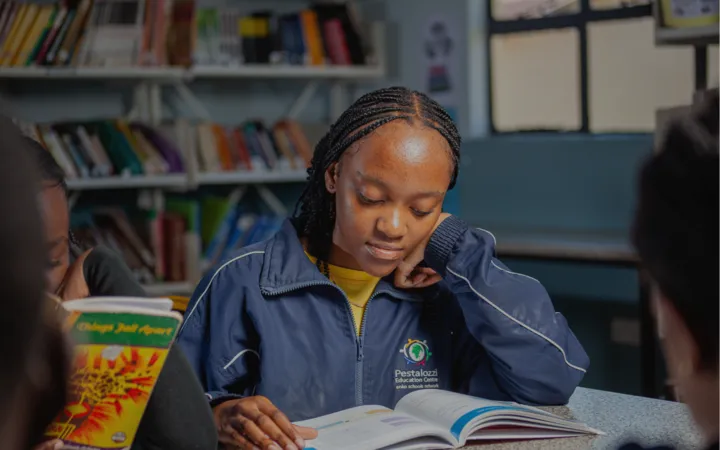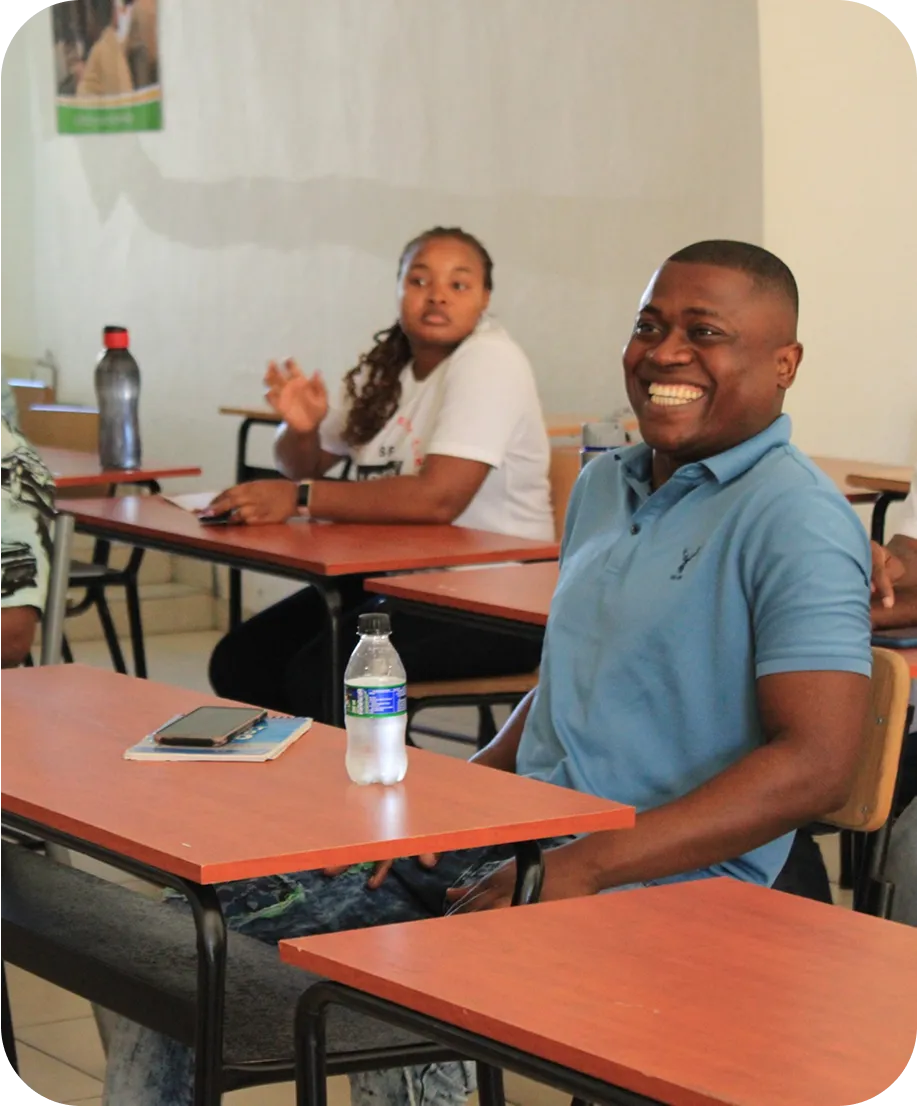Rooted in Africa.
Reaching the World.
Enko Education is the first group of African International Schools, increasing access to the world’s best universities for learners across Africa.
We offer international high-quality primary and secondary programmes to prepare our learners to thrive on a global stage.



Find what you are looking for
Our network of schools is present in 10 African countries, across West, Central, Southern and Eastern Africa. Find the Enko school close to you!
Find Your SchoolEnko Education at a Glance
Our students go to 500 universities across the word





























What Makes an African International School of Choice?
.svg)
.svg)
African Roots
Africa
We honour African identity through local leadership, culturally relevant content, and celebration of the continent’s richness.
The World
Global Wings
We equip learners to thrive in a global context, academically, linguistically, and socially, through world-class programmes and international exposure.
The Future
Global Wings
We guide learners beyond school through 21st-century skills, career insights, and a dedicated three-year university guidance programme.
.svg)
.webp)
.svg)
.svg)
%20(750%20x%20788%20px).webp)

%20(750%20x%20788%20px)%20(1).webp)


.webp)

.webp)
.webp)
.webp)
.webp)
.svg)
